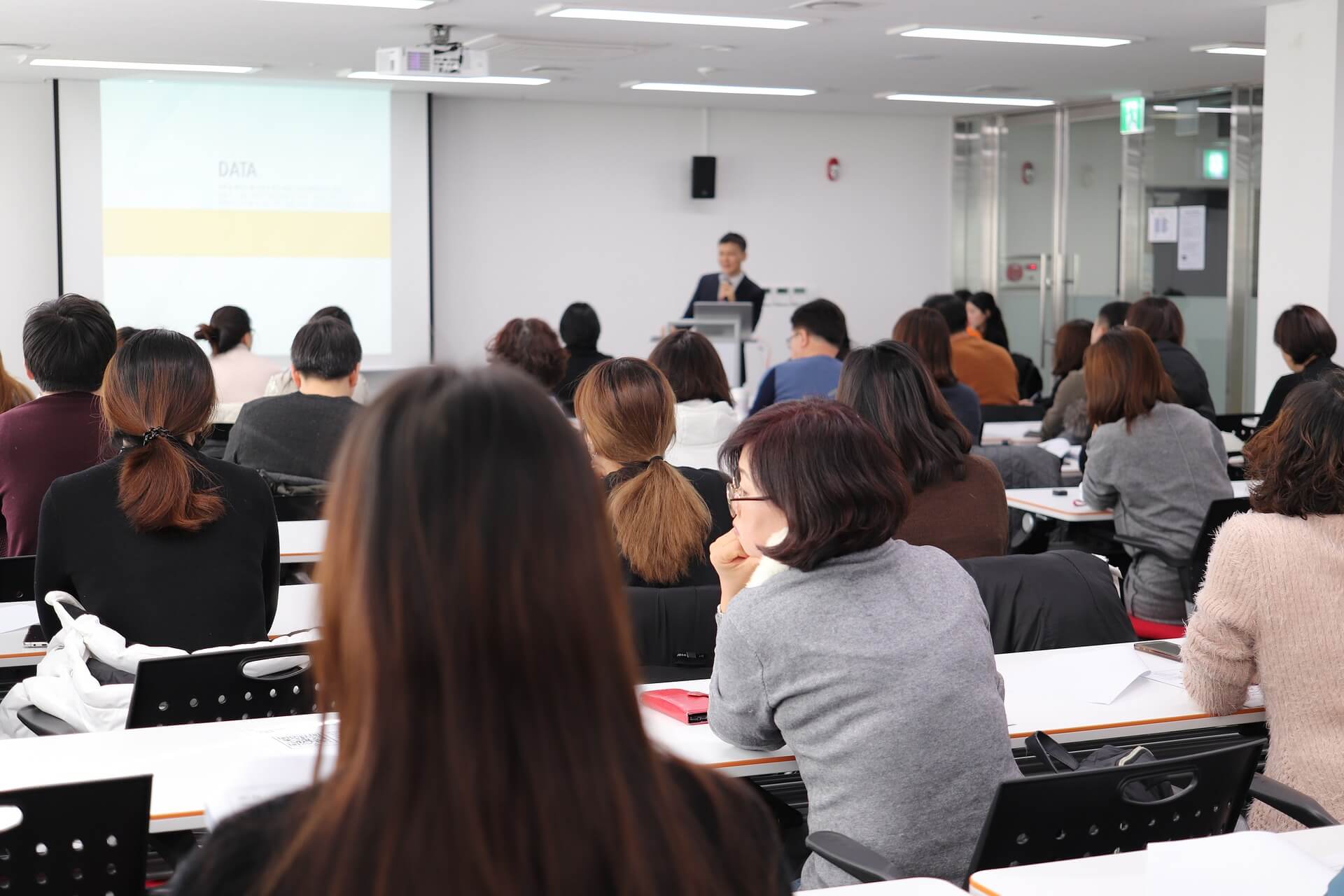Dive into a world of insightful articles, captivating stories, and expert guidance from this institution’s researchers. Explore the latest findings, cutting-edge research, and engaging narratives that contribute to the ever-evolving realm of knowledge.
Featured Academic

This article provides a step-by-step guide for people interested in pursuing a PhD, particularly in the sciences (though much of the advice carries over to other disciplines as well). It emphasizes the importance of identifying personal interests and goals, fully researching different programs, and knowing the key differences between doing a PhD in different countries.

Get insights from a PhD candidate’s reflective diary on the process of starting, struggling with, and ultimately completing a doctoral research project. Discover the trials and tribulations of getting ethical approval, recruiting participants, and navigating the pandemic while working towards a degree.

Are you thinking about using mixed methods (both quantitative and qualitative data) in your PhD? This article guides you through different ways of doing mixed methods PhD research, from proposal writing to collecting and analysing data. It emphasises the importance of rigor in mixed methods research and how to achieve this.

Are you a new PhD student looking to make connections before your programs starts? Kristin shares two big tips to help you hit the ground running at the start of your doctoral studies.

Regardless of your PhD stage, you can help your future self by getting interview-ready now. This article goes through five interview questions based on your research that are commonly asked at academic job interviews, with advice on what you can do now during your time as a PhD student to be more prepared in the future!

Discover what life has to offer after completing a PhD as Aly Flint reflects on her experience as an Early Career Researcher. After looking for work in the academic job market, Flint found The Brilliant Club, which offers rewarding and flexible work teaching university-style short courses to secondary school students, allowing her to create bespoke courses based on her current research.

How do you get from the first day of your PhD program to a functional dissertation proposal in two years? In this article, a now-Associate Professor discusses how they used every class to funnel down their PhD proposal while reading widely. *Results may vary.

Navigating the unexpected departure of her advisor, Claire shares her tips on dealing with the challenges of this uncertainty during her PhD.
Be the first to hear about new content, courses, and events. Join our community today!
You’re in! Thanks for signing up. Keep an eye on your inbox for the latest updates, resources, and exclusive offers.